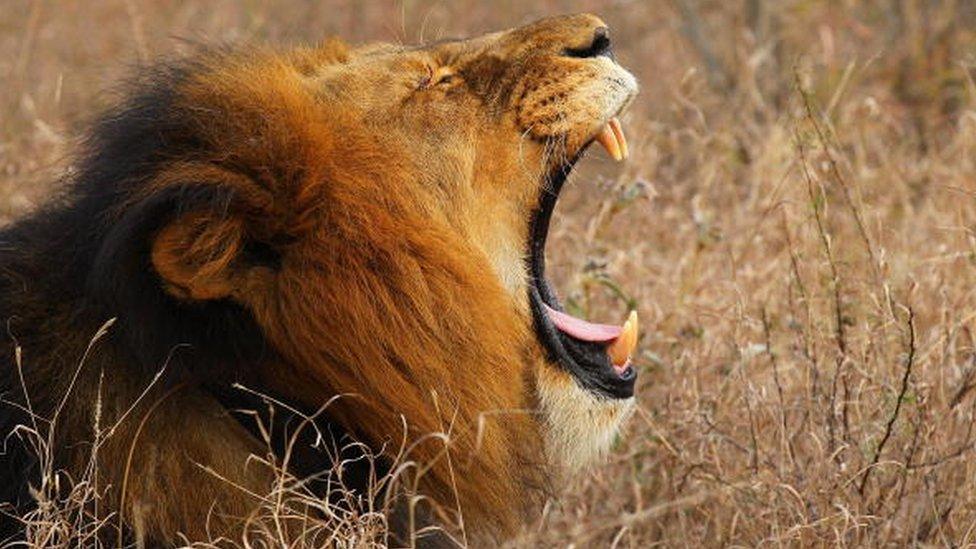Asian wildlife trafficking 'kingpin' Boonchai Bach arrested
- Published
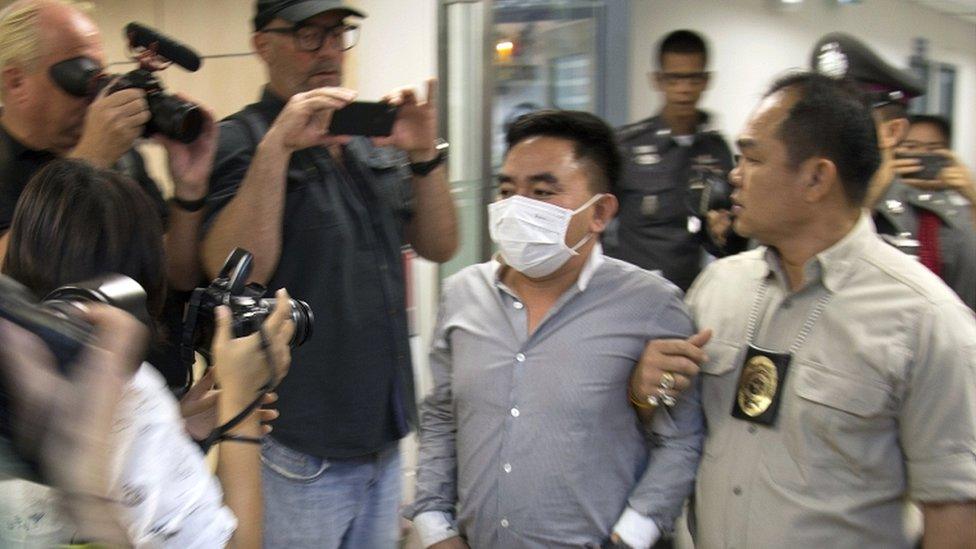
Boonchai Bach faces up to four years in jail for smuggling parts of protected animals
Thai police have arrested a man alleged to be the head of Asia's biggest illegal wildlife trading networks.
Boonchai Bach, a 40-year-old Thai of Vietnamese origin, was detained in a town on the border with Laos.
He faces up to four years in jail for smuggling protected animal parts like rhino horns and elephant ivory.
Animal trafficking is a lucrative black market trade. Police said the suspect was "ringleader" of a "major smuggling syndicate" operating over a decade.
He was arrested on Friday over the smuggling of 14 rhino horns worth around $1m (£700,000) from Africa to Thailand.
After tracking all the people involved in the consignment of rhino horn which was stopped last month, the police say they have enough evidence to charge him.
Read more:
Boonchai Bach was known to run a business from a small border town on the Mekong River, over which illicit goods are often smuggled to Laos, says the BBC's Jonathan Head in Bangkok.
Laos is one of the main routes through which poached animal parts from Africa and Asia are moved to buyers in Vietnam and China.
However, despite the recent success of the Thai authorities in intercepting shipments of wildlife parts, they have been unable to break up the large and powerful trafficking networks, our correspondent says.
The anti-trafficking group Freeland, which helped to find the evidence, believes Boonchai Bach's arrest will seriously disrupt his alleged wildlife smuggling operation, which it says is one of the biggest in this region.
The Bachs have "long run the international supply chain of illicit wildlife from Asia and Africa to major dealers in Laos, Vietnam and China", Freeland said in statement.
- Published17 November 2017
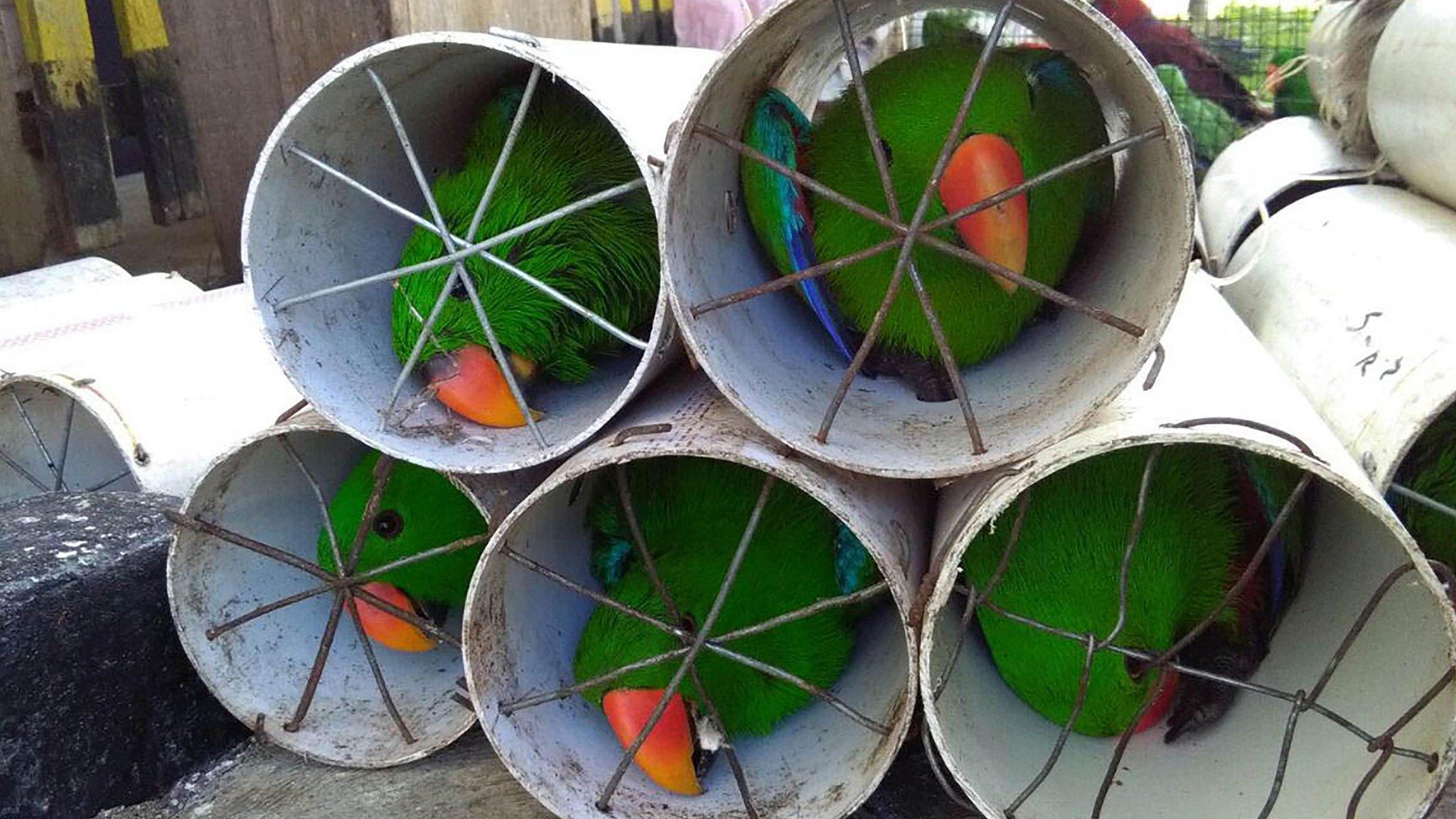
- Published8 November 2017
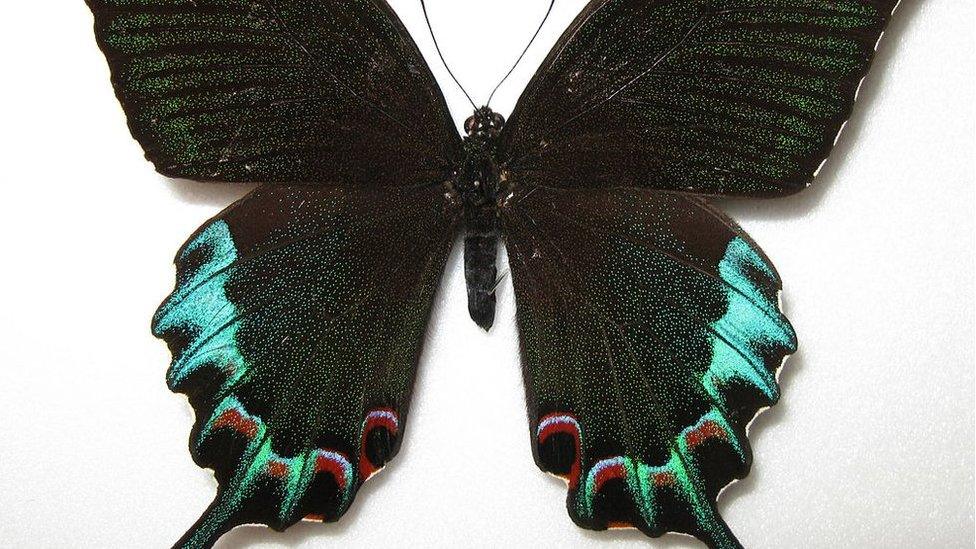
- Published24 October 2017
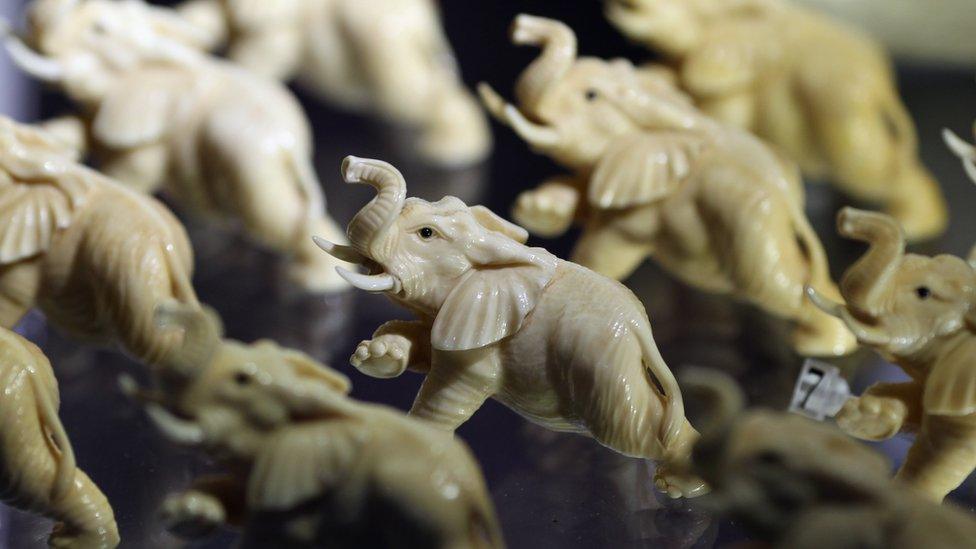
- Published18 October 2017
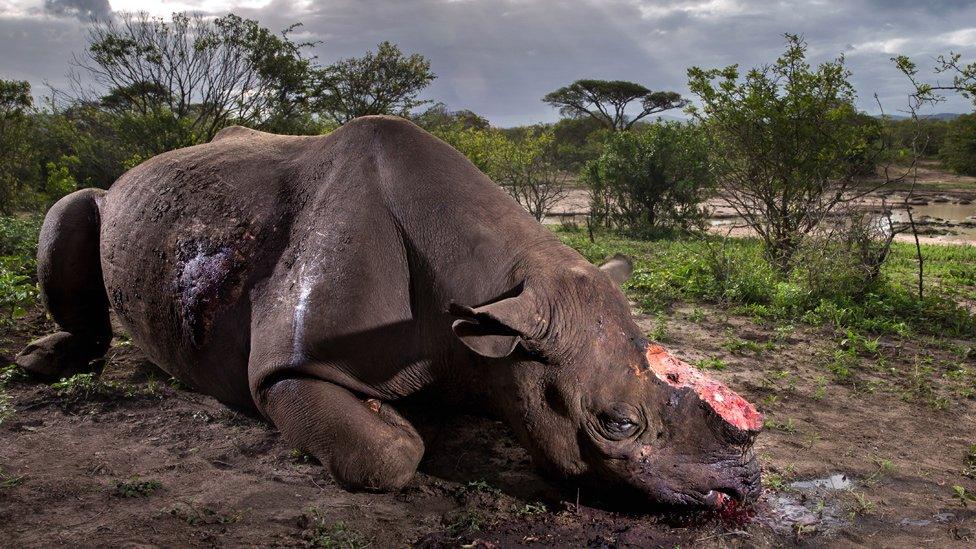
- Published28 September 2017
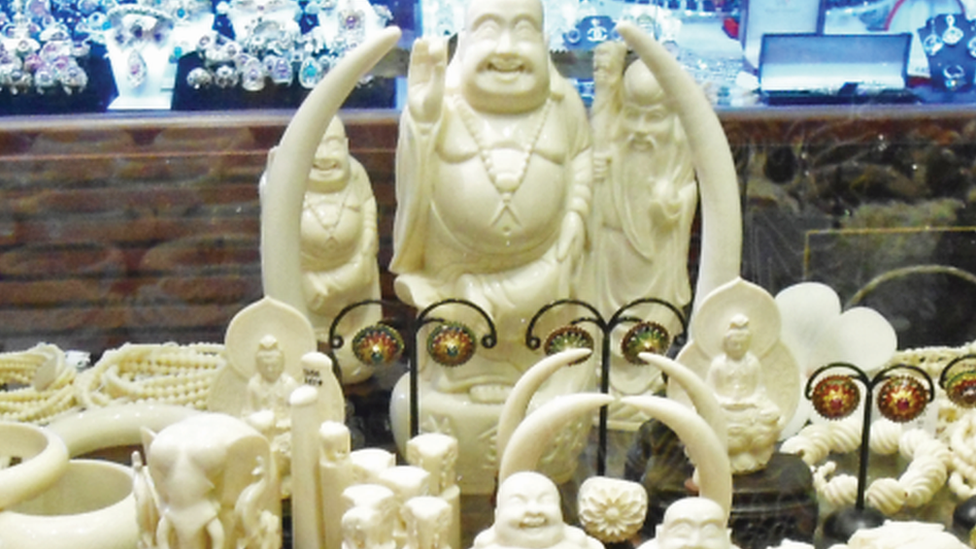
- Published18 September 2017
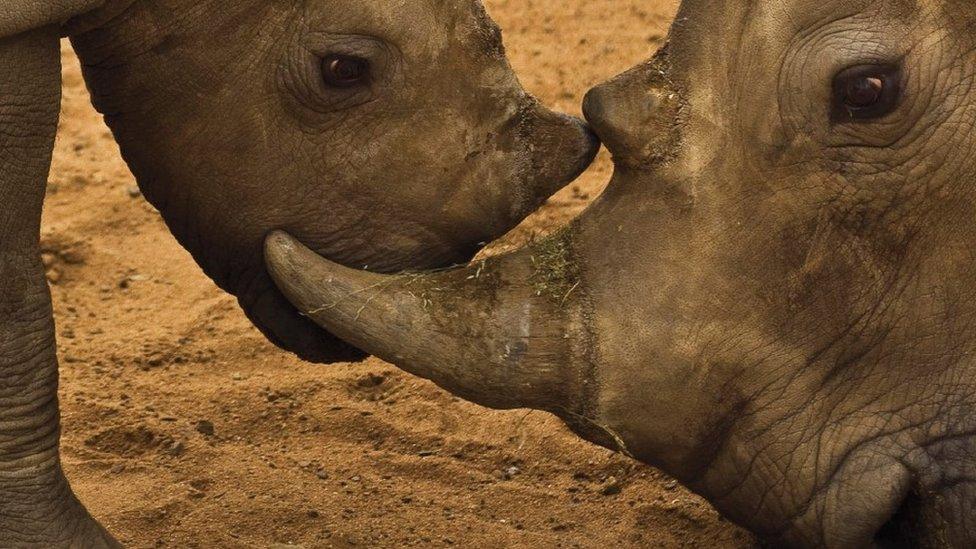
- Published26 August 2017
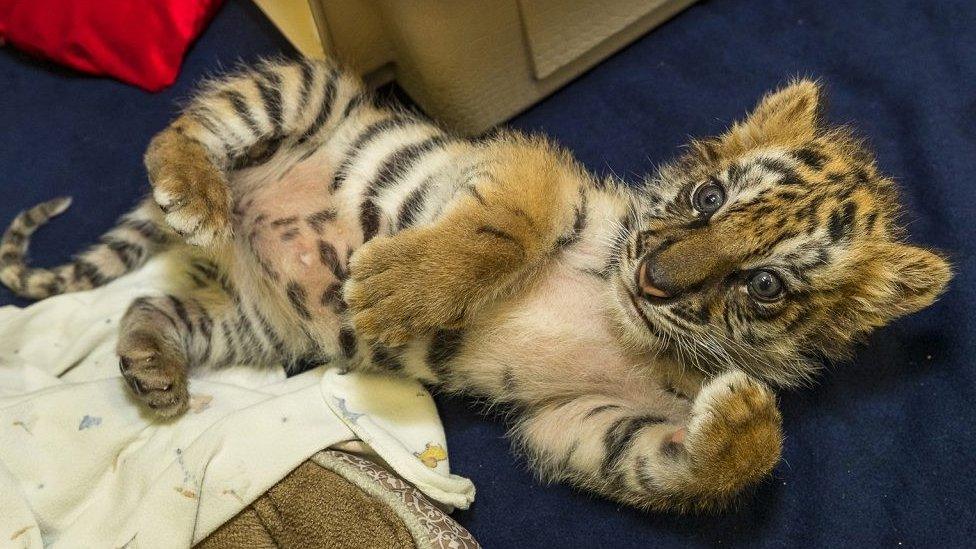
- Published18 July 2017
